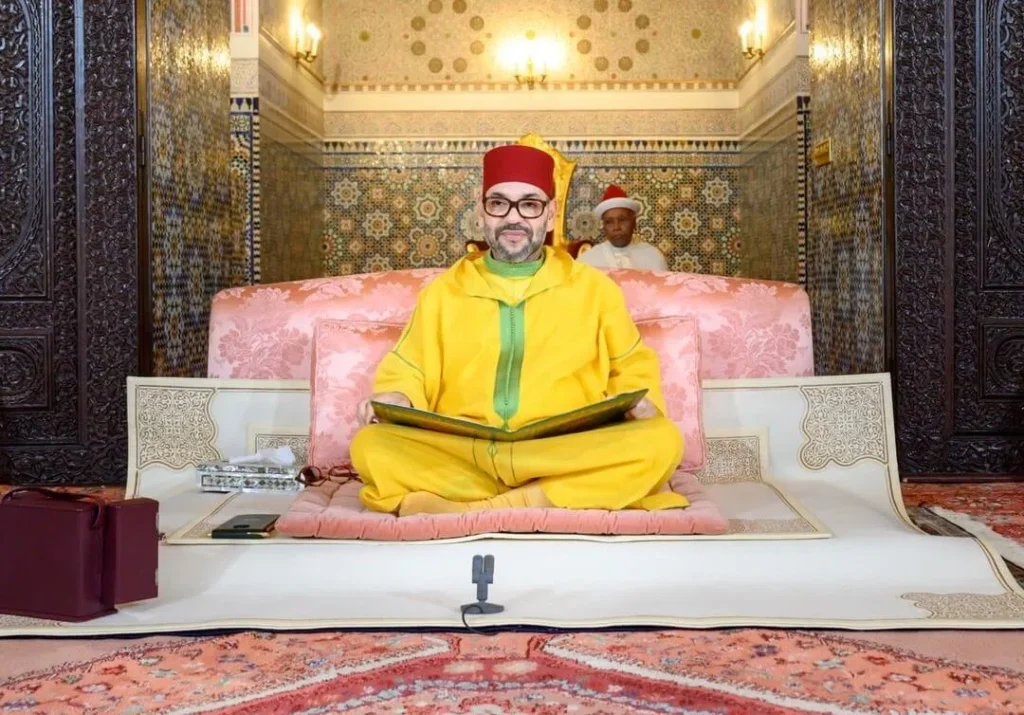Doha – The Morocco’s Ministry of Islamic Affairs announced on Thursday that the renowned Hassan lectures (Dorys El Hassaniya) will not be organized for the Ramadan from 1446h/2025 this year.
The cancellation follows today’s royal palace of today notice The Ramadan activities of King Mohammed VI would be adapted to the shoulder operation in December 2024 due to its ongoing recovery.
The Royal Ramadan Lectures, revived According to the deceased King Hassan II, to the Islamic scholars who deliver religious teachings organized by the monarch and broadcast live for millions in Morocco.
The lectures represent One of the most important religious traditions Morocco in the holy month.
In their current form of Sultan Moulay Ismail (1645-1727) they originally served as opportunities for studying legal and legal matters in the months of Rajab, Sha’ban and Ramadan.
Practice was interrupted during the French colonial rule before King Hassan II revived it when he climbed the throne in 1961.
These lectures are far from dealing with closed doors, but are transmitted live on television and radio, so that millions of Moroccans can participate in this royal tradition.
Minister of Government, military leaders and high -ranking civil servants usually take part personally and underline their importance in Moroccan religious and political life.
The cancellation comes when Morocco is prepared for the Holy Month, whereby the religious authorities are determined observe The crescent moon on Friday, February 28th.
According to astronomical predictions, Ramadan will probably start On Sunday, March 2, when astronomer Ibrahim Akhiam found that the crescent will be “extremely difficult” on Friday.
According to palace officials, the king’s persistent rehabilitation requires a limited restriction of the longer seating and constant positions.
The medical team, led by Professor Belyamani Lahcen, had previously pointed out that his shoulder would immobilize for about 45 days after December operationWhich dealt with a humerus fracture that was maintained during routine physical activity.
Over the decades, the royal lectures have developed to reflect changing social priorities and religious influences in Morocco.
Under King Mohammed VI, the “moderate” religious model in Morocco has increased as an antidote against extremism and made these lectures not only religious events, but also platforms for the broader spiritual and diplomatic messaging of the country.





